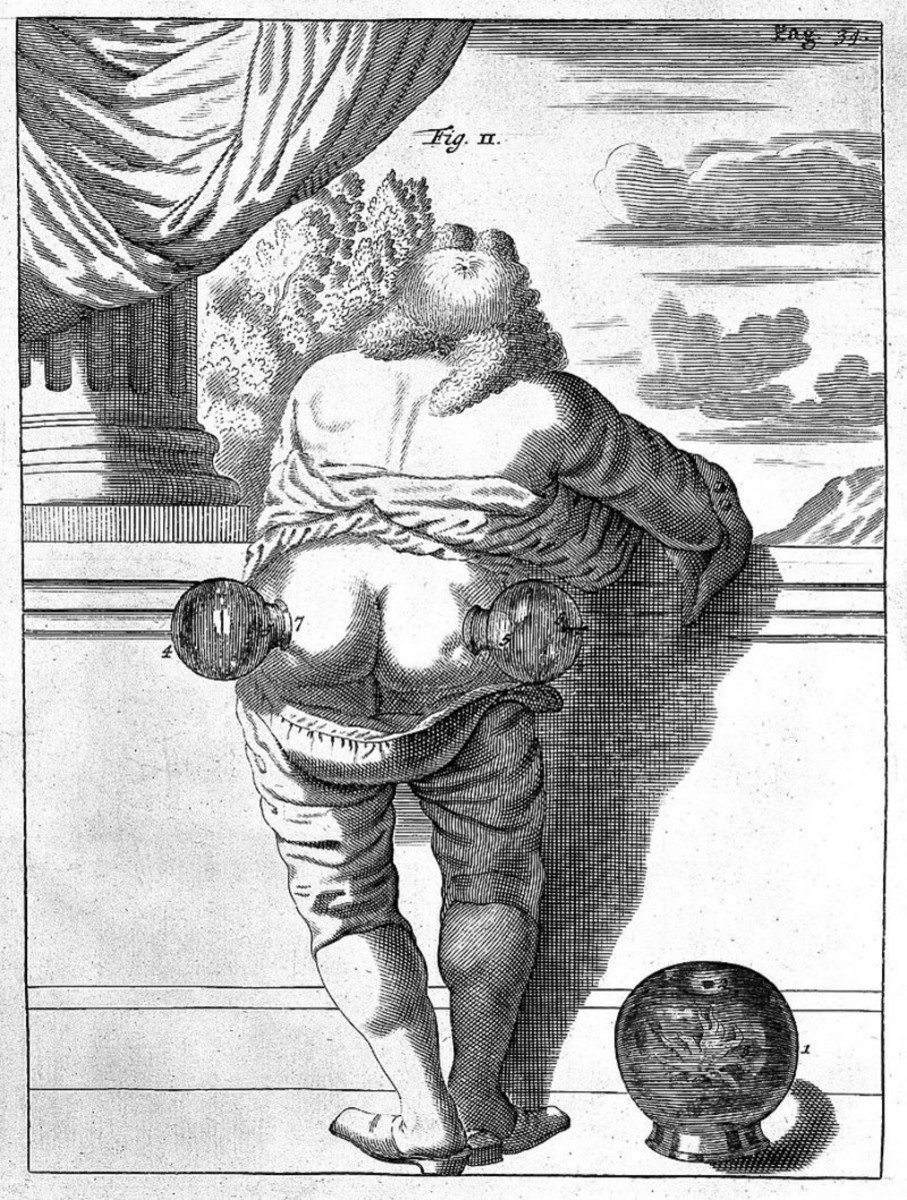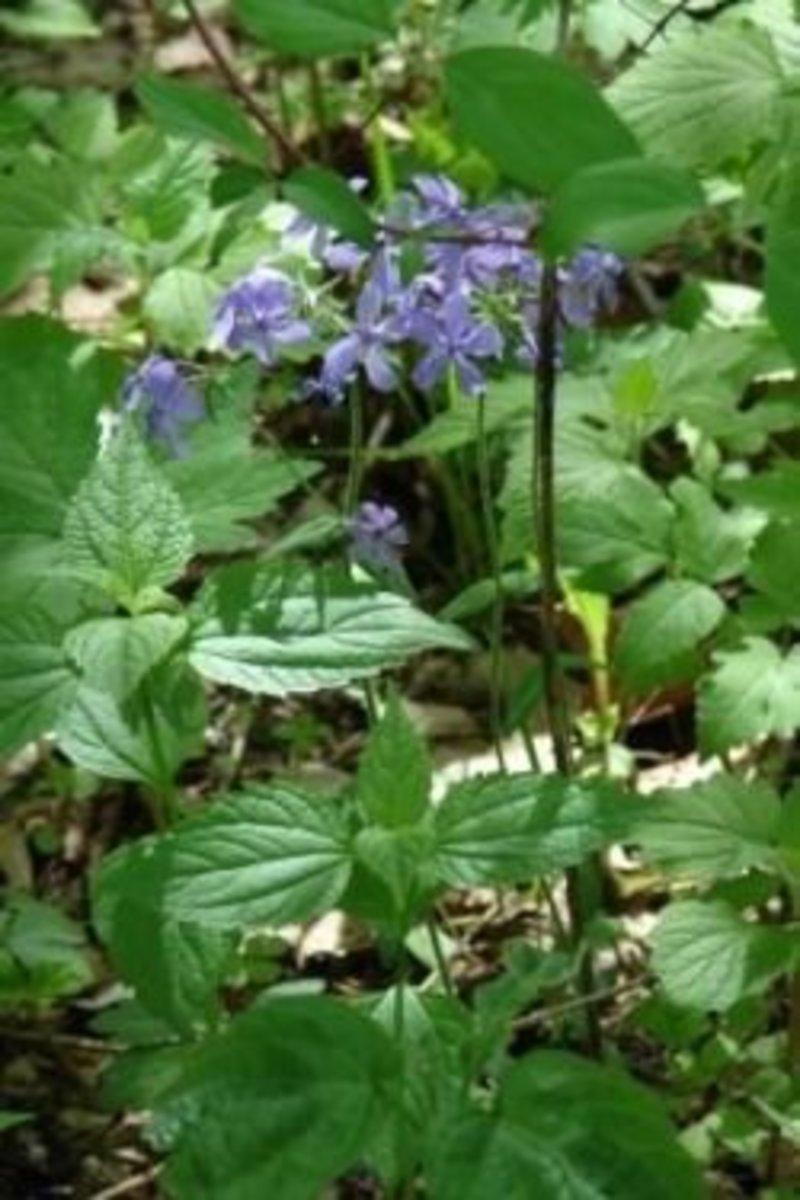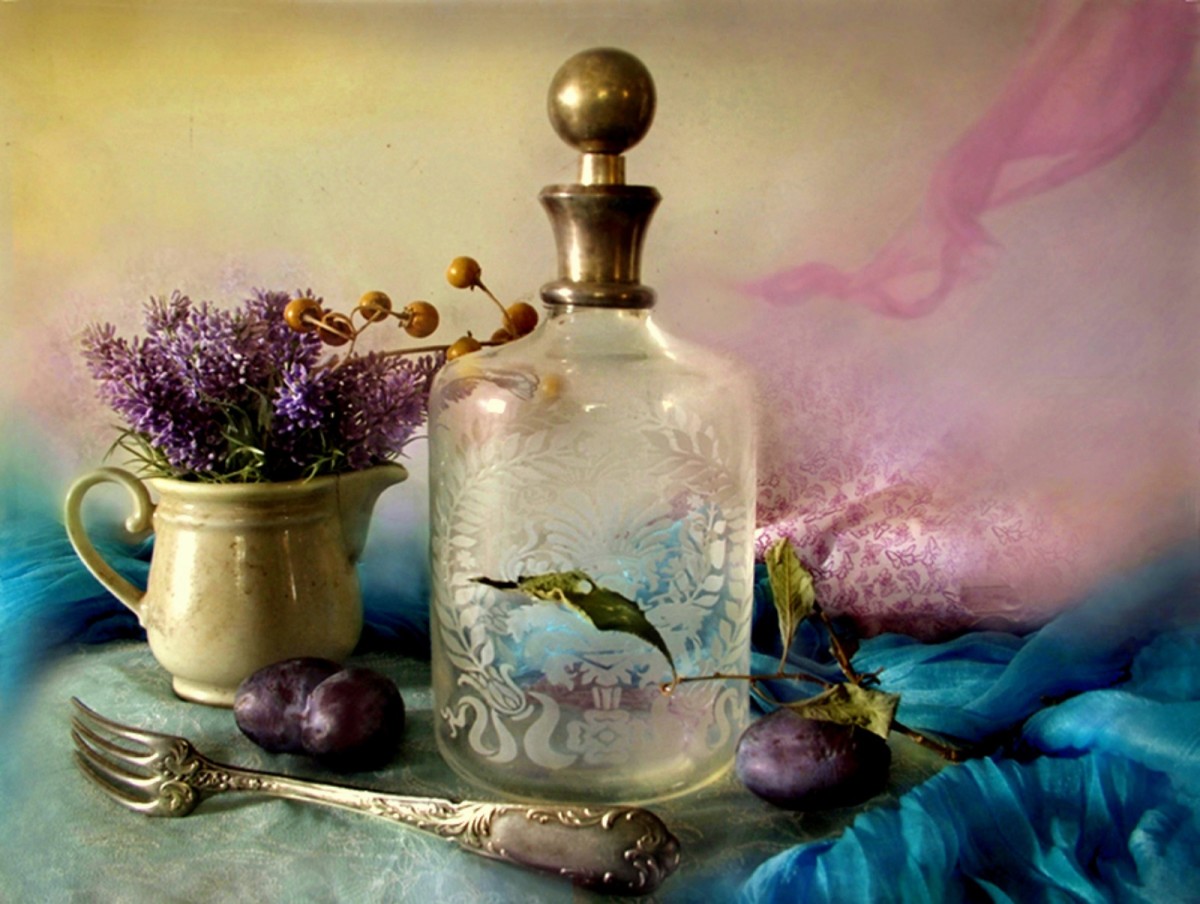Use of Herbal Therapy in Traditional Chinese Medicine (TCM)
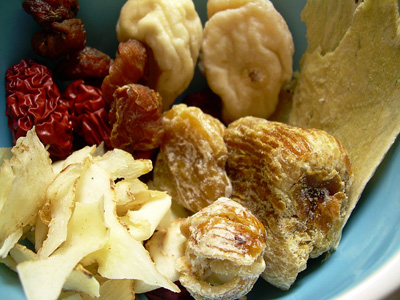
You can say that I know Chinese medicine intimately—I grew up with it. Chinese medicine was used whenever I was sick. My mother would study the symptoms fastidiously as if that would somehow contribute to the healing process. Instead of using a thermometer, she would put her lips on my forehead and knew if I was running a temperature, no matter how slight. She looked at my skin, the color of my lips, asked about the color of my urine (ok, this is getting uncomfortable…) and if I had a cough, she listened to the sound of it. Is it hollow, deep, airy, damp or dry? Armed with these vital bits of information, she made her trip to the herbal medical store and invariably came home with a bunch of herbs, wrapped in pink tissues. Armed with her pink sachets of cures, she seemed invincible, convinced that these sachets can heal just about anything. I would eye them with some degree of dread—I’ve learned from experience that these decoctions (or the tea made from these herbs) are decidedly distasteful. Do I have to? Often, she would have to chase me down, but let me not side-track from the focus of this hub.
In this way, she practically saw me through bouts of cold, flu and asthmatic attacks. Perhaps there is some method to this seemingly quaint and ancient way of dealing with medical ailments. After all, Chinese herbal medicine has a long history of use, dating back to 200 B.C. In fact, by the first century, a listing of medicinal herbs and herbal formulation had been developed. The first classic book on medicinal herbs was written during the Ming Dynasty (1152 – 1587) by Li Shi-Zhen, listing some 2,000 herbs and extracts. Today, the Chinese pharmacopoeia listed over 6,000 herbs different medicinal substance.
Basic Tenets of Chinese Medicine
Chinese medicine is based on the harmony of two opposing forces, based on the light versus dark forces of nature. Commonly known as yin (cool, dark forces) and yang (warm, bright forces)—any imbalance between these two forces can result in sickness, according to the Traditional Chinese Medicine, commonly known as TCM.
Chinese herbs are a major aspect of Chinese medicine. These herbs help to restore a balance of energy (qi—pronounced chi), and the delicate balance of body and spirit to maintain good health. They also serve to strengthen immunity and build up resistance to diseases. A variety of herbs in different combinations are often used to restore the balance of yin and yang. Well-known examples include astragalus, gingko, ginseng, green tea, red dates, and eleuthero (Siberian ginseng). According to the American Cancer Society, these herbal preparations are believed to prevent and treat hormone disturbances, infections, breathing disorders, amongst others.

Chinese Herb Classification
Chinese herbs are broadly classified under two dimensions.
- The first dimension concerns temperature—hot (re), warm (wen), neutral (ping) and aromatic.
- The second dimension has to do with the taste of the herbs—sour (suan), bitter (ku), sweet (gan), spicy (xin) and salty (xian). These tastes in turn constitute to the yin and yang of the herb. For instance—sour, bitter and salty are related to yin (herbs with cold energy) where acrid and sweet are related to yang (herbs with warm energy).
Let’s not forget neutral herbs—they are neither hot nor cold and are referred to as “gentle herbs.” There are not too many such herbs in the pharmacopoeia.
This table shows how the different tastes of herbs are used to target different medical conditions.
Taste
| Effeccts
| Action
|
|---|---|---|
Sour
| Constricts or consolidates
| Restores deficiency, heals protracted cough, chronic diarrhea, seminal and urinary incontinence, treats hypo-metabolism
|
Bitter
| Clears heat, purges, lowers qi, improves appetite and reduces dampness
| Used to treat heat (yang) patterns such as acute stage of infectious disease, arthritis, leucorrhea
|
Sweet
| Tones, improves, moisturizes and harmonizes systems of the body, inhibits pain
| Treats deficiency patterns such as dry cough, dysfunction of gastro-intestinal tract
|
Spicy
| Disperses, circulates, vitalizes blood circulation, stimulates sweat gland to perspire, actives the functions of meridians (system of channels that connects internal organs to external organs and tissue) and organs
| Activates and enhances metabolism, used to activate qi and improve blood circulation
|
Salty
| Softens firm masses or fibrous tissue, purges and cleans bowels
| Treats sores, inflammatory masses, cyst, and connective tissue proliferation.
|
Some Chinese herbs have become very popular by virtue of their healing properties. Take a look at these superstars:
Dong Quai (also known as “female ginseng’)
- Yin energy
- Treats gynecological ailments
- Fights fatigue
- Treats mild anemia
- Lowers high blood pressure
Cordyceps (Dong Chong Xia Cao—a fungus)
- Possesses both yin and yang elements
- Builds strength, endurance, stamina
- Energizes
- Aids upper respiratory tract
- Promotes healthy lung function
- Supports male potency and female vitality
- Supports kidney health
Astragalus (Huan Qi)
- Yang energy
- Increases stamina
- Treats diabetes, heart disease and hypertension
- Treat liver damage
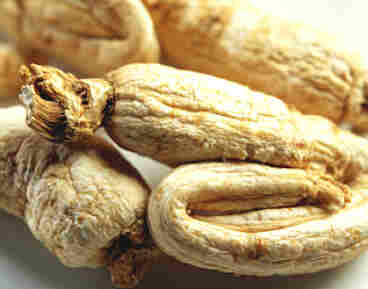
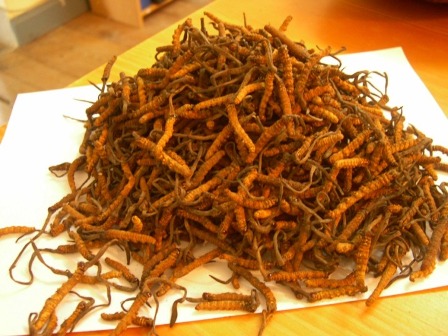
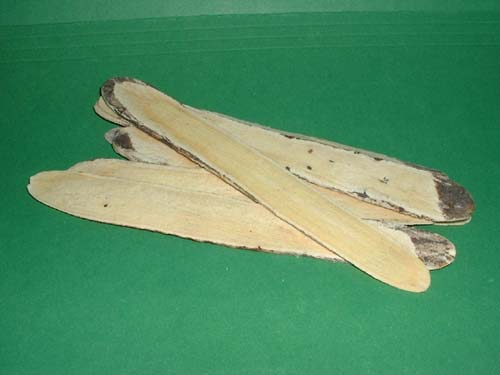
Cinnamon Twig (Gui Zhi)
- Yang energy
- Treats colds, headaches caused by influenza
- Induces weight loss
- Lowers blood sugar levels
Red date (Hong Zao)
- Neutral energy
- Nourishes blood
- Soothes nerves
- Replenishes vital energy
- Treats poor appetite and diarrhea.
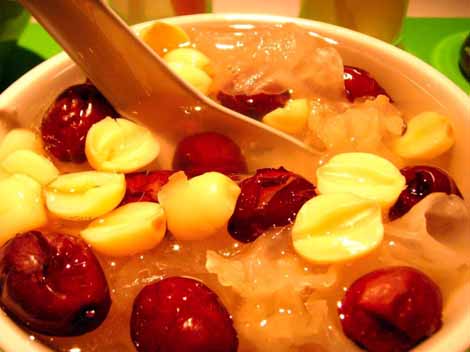
A trained herbal practitioner will know just how to combine the medicinal elements of herbs to attain the goal of restoring balance of yin and yang. To broadly illustrate--if you have a heat disorder (such as fever), a mixture of warm herbs will be used with herbs with cold energy with an overall balance on the cool side to balance the heat disorder.
Chinese herbal concoctions
If you visit a Chinese herbalist, he will listen to your symptoms and then decide on a combination of herbs to treat the ailment at hand. In other words, he will create an herbal formula (using anywhere from four to 24 herbs). Rarely is a single herb prescribed. The herbal practitioner will then weigh the herbs and combines them in a bag. These herbs are often consumed as tea. The practitioner will then advise you on how long to boil the herbs (usually between 30 minutes to an hour) and quantity and frequency of consuming it.
Of course, herbal formulas are also available a pills, tablets, capsules, powders, alcohol-extracts or water extracts. Although these pre-made formulas offer convenience, they do not allow the practitioner to adjust herbs and dosages according to personal needs.
However, as with all alternative medicine, it is best to consult a certified medical professional before taking any herbs.
If you're feeling adventurous and motivated to try Chinese herbs, you may want to try Chinese Herbal Chicken Soup.
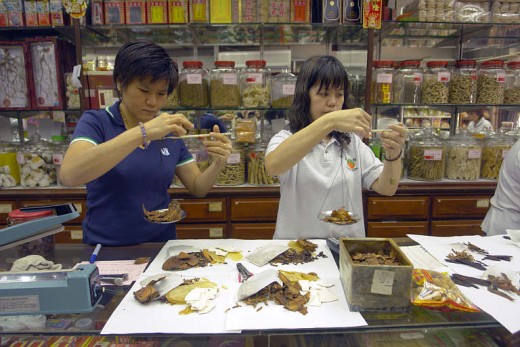
More natural cures by anglnwu:
Goji Berries Promote Good Eyesight: http://healthbitsntips.wordpress.com/2009/07/09/anthocyanins-the-secret-to-goji-berries/
Natural Cures for Oral Lichen Planus: http://hubpages.com/hub/Natural-Cures-for-Oral-Lichen-Planus
Colon Cleansing the Natural Way: http://hubpages.com/hub/Colon-Cleansing-the-Natural-Way
Herbal Cures for Osteoarthritis: http://hubpages.com/hub/Natural-Cures-for-Osteoarthritis
Fight gum disease the natural way: http://hubpages.com/hub/Healthy-Gums-Is-Possible
Home Remedies to get rid of acne: http://hubpages.com/hub/Banish-Acne-Angst-With-Simple-Tricks





